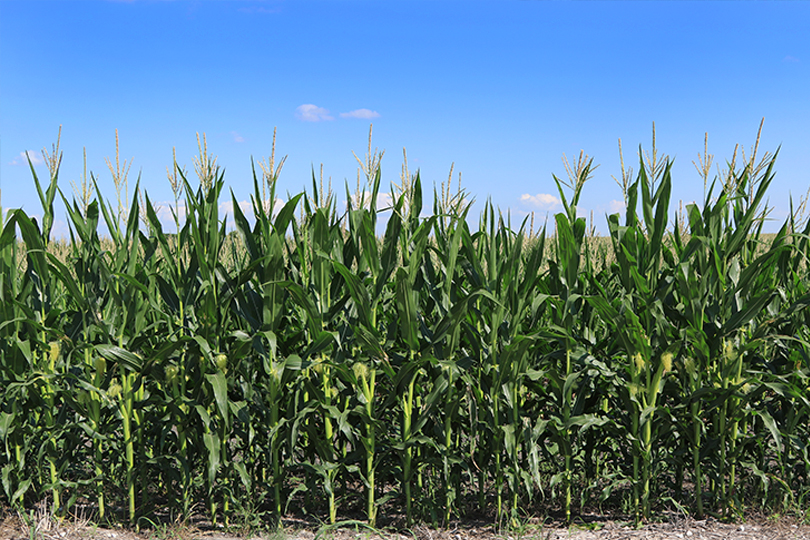By Jennifer Whitlock
Field Editor
A recent U.S. House Agriculture Committee hearing aired concerns from farmers and ranchers surrounding emerging carbon markets and the role of the federal government in regulation.
During the “Voluntary Carbon Markets in Agriculture and Forestry” hearing last week, House Ag Committee Chairman David Scott said voluntary carbon markets could help farmers, ranchers and foresters “capture a new income stream.”
However, he acknowledged there is a lack of consistency and quality in current carbon markets, which may lead to unequal opportunities to participate for smaller farmers.
“We’ve got some serious questions that we need to deal with,” Scott said.
Farmers and ranchers have more questions than answers about participating in voluntary carbon markets, testified National Association of Wheat Growers (NAWG) President David Milligan.
Questions include determining how carbon is measured, how baselines are determined, data privacy issues, costs of implementation and foregone income calculations, ease of participation, contract provisions and more.
He said farmers and ranchers already practice climate-smart farming, so any efforts to streamline carbon markets should incentivize those existing practices, too.
“Growers undertake conservation practices at their own expense, and while these practices have environmental benefits, they can also have financial costs and can impact yield or reduce acreage in production, and therefore, reduce the income of the farm,” Milligan said. “NAWG supports voluntary, market-based programs and policies that provide economic opportunities for farmers and that recognize the achievements of growers in protecting and restoring the environment by rewarding early adopters and adding new practices.”
Any federal oversight of carbon markets must consider the diversity of farming and ranching operations across the nation, he noted.
Regionally appropriate recommendations, technical assistance and appropriate levels of compensation will be necessary for these voluntary carbon markets to be successful in agriculture, Milligan stressed. And these voluntary markets must be in addition to and not in place of existing U.S. Department of Agriculture (USDA) conservation incentive programs.
Other agricultural organizations, including Texas Farm Bureau (TFB), agree.
“We’re not opposed to voluntary carbon markets, but we’re concerned about any kind of carbon tax or cap. We expect carbon credits to be fully researched by USDA and other federal agencies to ensure it’s a scientifically sound and practical solution,” Jay Bragg, TFB associate director of Commodity and Regulatory Activities, said. “Those programs should take into account the cost of production and all the other factors farmers and ranchers must consider in a growing season, because if it’s not truly profitable, then it’s actively harming our members. So, we are keeping a close eye on these ideas and will be advocating for more research and commonsense application of those practices as those discussions move forward.”
For more information on carbon markets and other climate issue resources, visit TFB’s Climate Issue Resources webpage.

